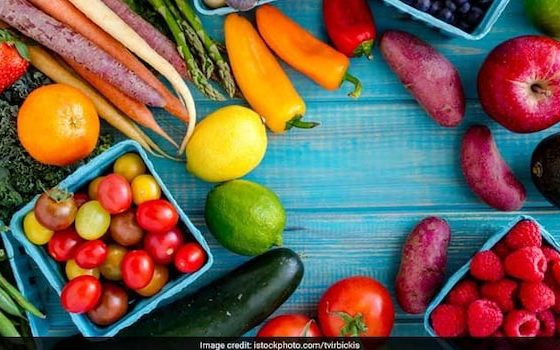
We all know that getting sufficient vitamins is critical in our diet, but same goes for minerals too. Our body needs larger amounts of some minerals, like calcium, magnesium, iron to grow and stay healthy. And one mineral that deserves a spotlight in particular is zinc. The relevance of balanced diet and regular intake of essential micronutrients like zinc has been underscored by COVID-19 pandemic.
Why Does One Need Zinc In Their Diet?
Our immune systems have been designed in way that it can fight off foreign cells to protect us against various allergies and illnesses. As COVID-19 has impacted major geographies across the world including India, emphasis on immunity boosting through either diets or supplements has been emphasized more than ever before. Apart from Vitamin C & D, Zinc is another element that has been identified as essential mineral to our immune systems.
Zinc is associated with many biological functions in the human body and is involved in multiple cellular processes. Zinc is vital for more than 300 enzymes in the body, plays a key role in protein synthesis, wound healing, DNA synthesis, cell division and is required for proper sense of taste and smell. It is also a key component of WBC that fights infections.
What happens when you don’t consume enough zinc?
Ironically, despite being an essential nutrient, human body cannot produce or store zinc on its own and therefore needs to be supplemented through diet. According to the World Health Organization (WHO), about 800,000 people die annually due to zinc deficiency, of which 450,000 are children under the age of five. India is among the nations with the most zinc-deficient agricultural soils-and the average deficiency is around 40%, impacting the yield and quality of crops, which is adversely affecting the human health leading to micronutrient malnutrition. Zinc biofortification of crops through fertilizers is the sustainable solution to address this critical challenge.
Zinc deficiencies have been linked to poor immune function which makes human body prone to oxidant stress, increased inflammatory process, and life-threatening situations, as well as premature cell death at the cellular and sub-cellular levels. Other issues that can come up from a zinc deficiency include slow wound healing and a poor appetite. Many experts have noted that poor gut health, acne, frequent mood issues, hair loss, blood sugar issues, and even reproductive issues are related to lower zinc levels.
Also Read: Zinc For Immunity: How Zinc Helps Boost Immune Health- Expert Reveals
How Much Zinc Should You Take to See Benefits?
Only a small amount of zinc is needed to maintain good health. According to National Institute of Health, USA, the recommended daily allowance of zinc is 8 mg for women and 11 mg for men. For pregnant women, the recommended daily intake of zinc is 11 mg, and for breastfeeding women, it is 12 mg.
Zinc-Rich Diet: Here Are Some Of The Best Food Options For You:
Zinc is naturally present in the foods and available as a dietary supplement. A wide variety of foods contain zinc.
Animal-based foods are the best source of zinc and oysters top the chart with meat and poultry provide most of the zinc in the developed nations.
Plant-based foods are generally low in zinc content. The bioavailability of zinc from vegetarian diets is lower than non-vegetarian diets. Phytates, which are present in vegetarian foods like whole-grain breads, cereals, legumes, etc., bind zinc and inhibit its absorption. The vegetarians might benefit from using certain food preparation methods that increase bioavailability of zinc, like soaking beans, grains, and seeds in water for several hours before cooking or allowing to sprout; roasting, fermenting, etc.
The plant-based foods containing considerable amount of zinc, include nuts, like walnuts, almonds, cashews, and seeds, like sunflower, pumpkin, watermelon seeds; milk and dairy products; whole grains and legumes, like chickpea, lentils and beans. Fruits and vegetables containing comparatively better source of zinc include avocados, pomegranates, guavas and mushrooms, spinach, broccoli, respectively.
Majority of Indians have cereal-based diet; hence zinc deficiency is widespread in Indian population. Vegetarians sometimes require as much as 50% more of the RDA for zinc than non-vegetarians. The best way for the strict vegetarians is to have balanced diet by including vegetarian food stuffs rich in zinc, like dairy products, whole grains, legumes, etc.
[“source=food.ndtv.”]
